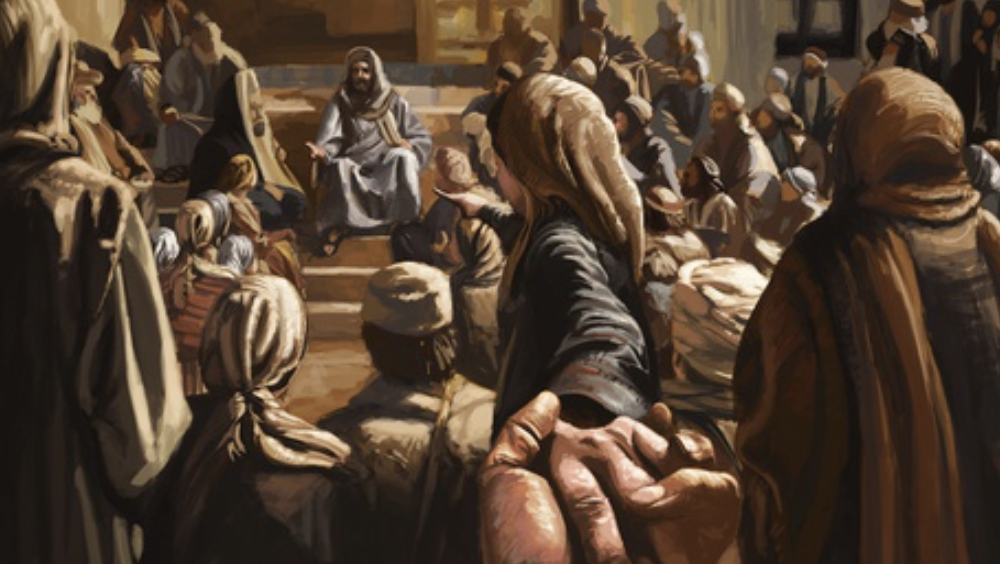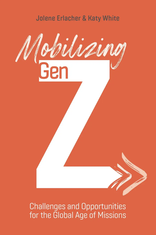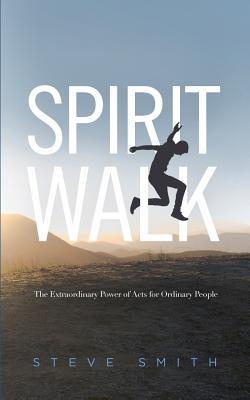|
In Curtis Sergeant's book, The Only One, he suggests the discipline of writing poetry as part of our Bible reading. "Poetry is by nature a limiting form of expression. I find that it forces me to think deeply as I search for just the right word to convey the nuance I am contemplating." As I have immersed myself in the first few chapters of John these past few weeks I decided to give it a try and tease out the nuances of what I've been contemplating. It was a rich experience and forced me to wrestle with what I feel the Lord has been highlighting for me. Writing poems from my Bible reading won't become a daily discipline, but I'll certainly come back to it when I come across a passage of scripture that I really want to dig into. I'd encourage you to give it a try sometime. Here is my poem, "Come and See" that I wrote as I dug deep into John 1:29-51. It may not be great poetry but it certainly helped me meditate and learn from this passage of scripture.
I wrote about the idea of inviting people to come and see for themselves in last week's post, Come and See. You can read it HERE. Did you find this post helpful? Share it with a friend.
0 Comments
In the first few chapters of John an interesting pattern emerges. The numbers of those following Jesus begins to grow as his followers simply invite their friends, family or, in the case of the woman at the well, entire village to "come and see."
To be sure, none of those activities are wrong and God uses all of them to help people come to faith - they are simply not the example of Jesus' first followers in the first four chapters of John (John 1:39; 1:41-42; 1:45-46; 4:28-30). For them, "come and see" was enough. It seems they knew that if they could just get their friend to spend some time with Jesus - even a cynic like Nathanael - that would be enough. And Jesus is still enough today. Like his first followers, we can ask our friends to come and see Jesus by sharing the stories of Jesus from the gospels and by inviting them to read these stories. We can do this by inviting them read through one of the gospels with us or we can invite them to into a discovery Bible study using one of several story sets:
My default has been to invite people to church or to open up deep philosophical conversations with my far from God friends. God has of course used both of these tactics, but increasingly I'm learning (and trying to learn) to default to simply asking them to come and see Jesus for themselves by inviting them to read the gospels with me. How about you? How have you been inviting people to Jesus lately? Did you find this post helpful? Share it with a friend. One of the great challenges we face as Christians in an increasingly globalized world is understanding how to share the love of Jesus and the good news of the gospel cross culturally. As if language barriers were not enough, deep cultural differences in worldview, in customs, in values and history all have the potential to create barriers to good communication and open up wide avenues for miscommunication. Debbie DiGennaro, in her book Acclicmated to Africa: Cultural Competence for Westerners, shares a humorous story that highlights this challenge: There was once a certain British man who went with his company to Nigeria. He immediately noticed about Nigerians that the men did not step back to allow ladies to enter a room ahead of them. This bothered him very much. As a proper gentleman, whenever he approached a doorway at the same time as a Nigerian woman, he courteously motioned for her to pass through the door ahead of him. It is not hard to imagine why, in a country where for thousands of years families most likely lived in grass huts with snakes being an ever present issue, the custom of how to enter buildings developed differently than it did in England. It's also not hard to imagine the looks of confusion and even disdain this British gentleman must have received from Nigerian women as he emphatically ushered them into their potential death by snake bite. This cultural nugget of difference is multiplied thousands of times with every new cultural context we enter. Some issues are minor while others can lead to tremendous damage to relationships and potential opportunities to share the gospel. As disciples of Jesus it is important to first realize that those differences, both the deep and the shallow, will always be present when we move into cross cultural settings. We then must do the hard work of trying to understand these differences to see where God is already at work and how we can join him there. This is hard work. Just when we think we’ve figured something out we’ll run into nuances that will confound us once again. If cross cultural ministry is something that you are or will be a part of then it is vitally important to do some homework. Cross cultural ministry can happen in varying degrees wherever you are. Crossing the ocean to engage with people from a different religious background that speak another language is of course more complex than a midwesterner traveling to New York City, but both are cross cultural ministry. Regardless of the complexity and depth of difference between cultures, we can train ourselves to do better at recognizing both the differences and the opportunities they present. Part of that training could be reading books like Foreign to Familiar by Sarah Lanier or Global Humility by Andy McCullough. Context specific books like the one shared above can be a next step. There are also great trainings for missionaries preparing to move overseas at places like Mission Training International and the Center for Intercultural Training. Here at Everywhere to Everywhere though we are working to equip and empower the local church for local cross cultural ministry and so have created a fun and interactive one day training we call the Cross-Cultural Scavenger Hunt Training Module. This training can be done in any local city in about 5-6 hours. It includes discovery Bible study, interactive lecture and activities, lunch at an ethnic restaurant and a cross-cultural scavenger hunt that takes participants to three to four different immigrant-owned grocery stores. All of this is followed by a debrief while eating snacks purchased at the stores. This has been an amazing way to help local congregations move past fear and begin to get to know their new American neighbors - many of whom come from Muslim, Hindu, Buddhist or Animistic backgrounds. Many of whom have never had an opportunity to hear the gospel. The goal of the training is to bring awareness of the different cultures around us and then give participants a beginning framework for understanding the differences so that they can more effectively love well and share the gospel more confidently. If you would like to explore hosting your own Cross Cultural Scavenger Hunt Training Module you can find a fuller description of the event and all the necessary resources by clicking the button below. Did you find this post helpful? Share it with a friend. |
The E2E Community
Categories
All
Good Books
Archives
April 2024
|
Proudly powered by Weebly








